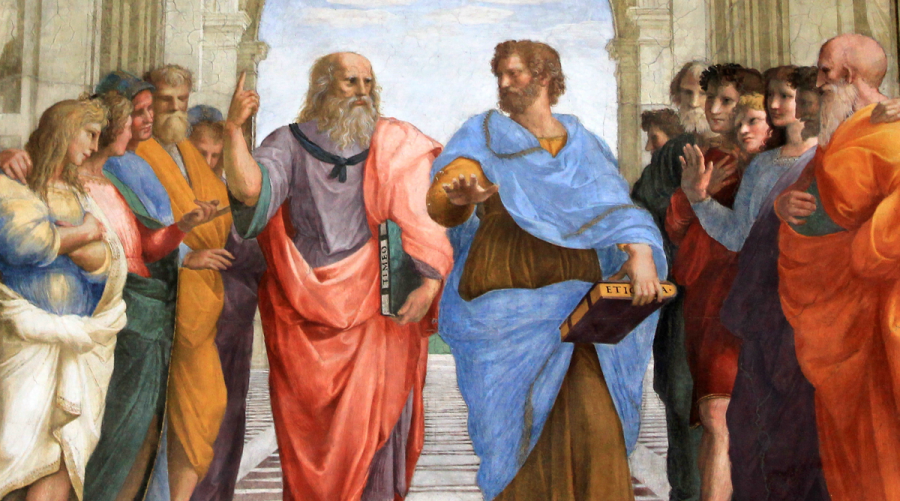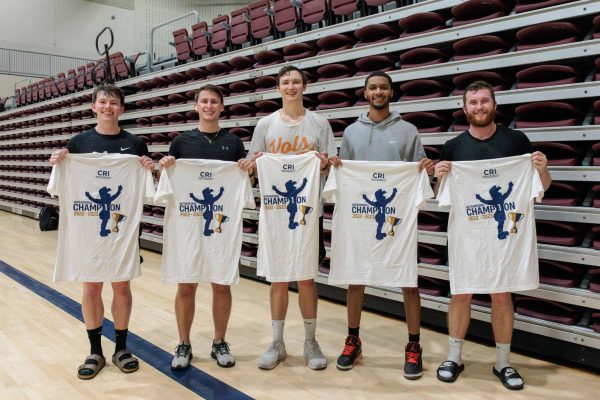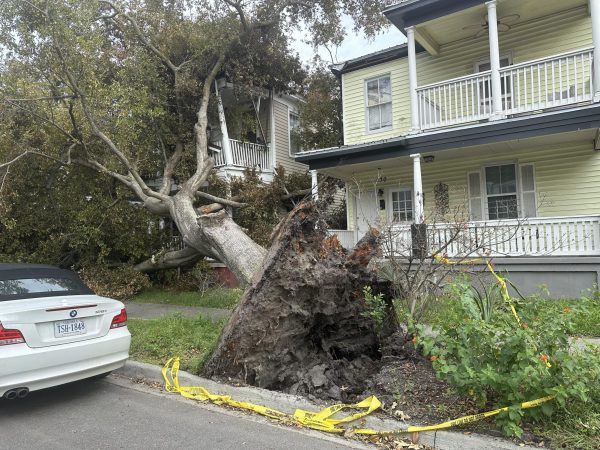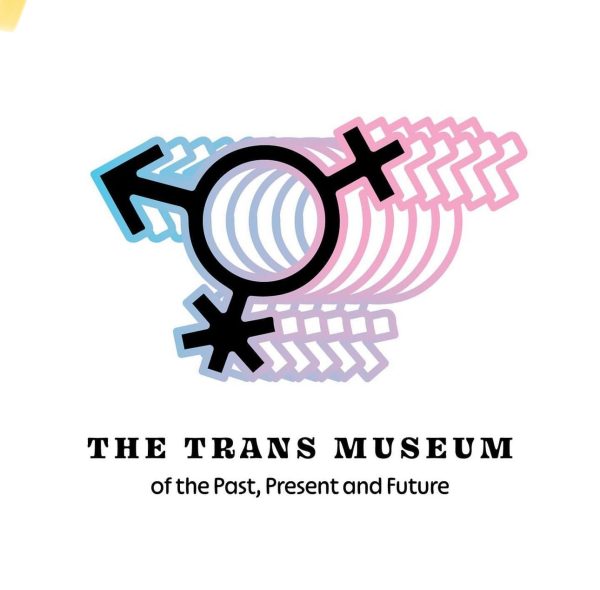Come for the Pizza, Stay for the Socratic Scrutiny: Armstrong’s “Philosopher’s Stone” Discussion Group
This student organization is often casually referred to as simply the Philosophy Club, but it is not to be confused with its Statesboro cousin. Philosophy Club, Armstrong style, is easily identifiable by its unique “Philosopher’s Stone” newsletter, which you may have seen published around campus.
Every newsletter revolves around a philosophical reflection on a familiar topic such as love, grief, war—You name it. Anything is fair game for philosophical dissection. The newsletter reflections are written by students and are designed to raise questions, curiosity, and finally conversation when the group meets for open discussion on the latest publication.
The frequency of the meetings was previously on the monthly side, but that frequency has lately been picking up considerably, approaching a bi-weekly structure. With more reflections, more engagement, and more opportunities for attendance, there is no time like the present to shine a light on the club.
I spoke with the dual-purpose reflection writers and discussion leaders of the two most recent meetings, Yuan Aung and Minh Nguyen, who led two different discussions regarding their Philosopher’s Stone reflections on “free speech” and “suffering”, respectively.
“I’ve learned that people are more philosophical than they think,” Aung said, “My very first meeting, I was surprised to hear all the amazing contributions.”
A typical meeting–(Yes, almost always including pizza. The title did not lie to you.)–is led by the student who wrote the corresponding “Philosopher’s Stone” reflection. That student presents their reflection before the group, and from there the floor is open for discussion. Where that discussion goes can and almost always does deviate from its original form, diving deeper into the subject than what any individual member may have previously anticipated, including the discussion leader.
“Philosophy naturally meanders around,” Nguyen said on the fluidity of the discussions. Aung describes the meetings as, “Very free, very flexible, and open in that anyone can say what they want and how they feel.”
It is not only that members are welcome and encouraged to contribute their ‘meandering’ ideas to the discussion, but that this ‘flexible’ contribution is absolutely vital. The purpose of the group, the meetings, the reflections, and indeed philosophy itself is to truly and deeply examine the everyday things we may not think to examine otherwise.
Nguyen described this feature as Socratic in nature—that is to say, reminiscent of the Greek philosopher Socrates, who encouraged this kind of extremely deep thought on things often unscrutinized, and who tells us, “the unexamined life is not worth living.”
“If you took away critical thinking from the club, I don’t know that you’d have anything left,” Nguyen said, “You want people to go below the well that they’re drawing water out of, so that they can find out where the reservoir is.”
If you are interested in getting involved in the conversation, the process is: come to a meeting. You do not have to be a philosophy major, nor is there any prerequisite interaction with philosophy, at Georgia Southern or otherwise.
The dates and locations for discussions are included in the publications of the “Philosopher’s Stone”, or you can get in touch with an Armstrong philosophy student, or a professor like Dr. Erik Nordenhaug to be on the e-mail list and get the “Philosopher’s Stone” as well as meeting details straight to your inbox.







